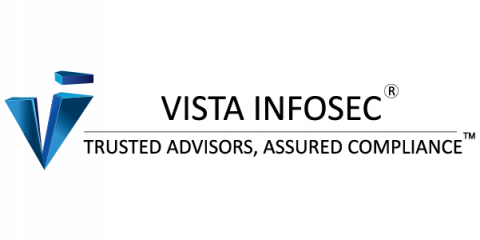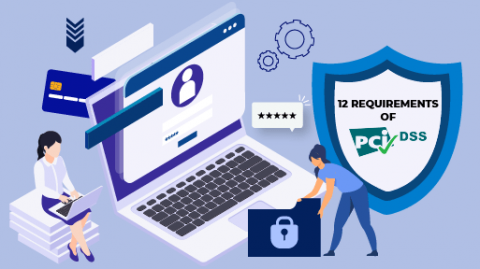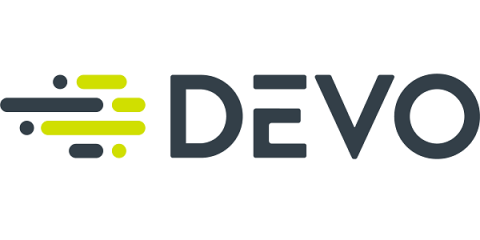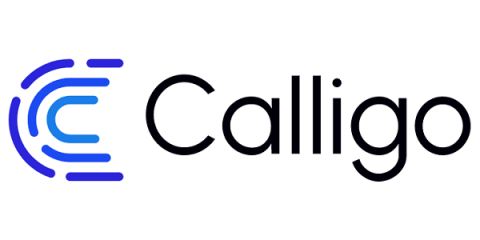PCI DSS Compliance in Dubai
PCI DSS Compliance in Dubai for businesses dealing with payment card data is given great importance and priority. PCI DSS Compliance is a global payment card data security standard established in the online payment industry. It is a standard created and adopted by major card brands (Visa, Mastercard, Discover, American Express, and JCB) to promote secure card transactions in the industry. So, businesses that deal with these credit card brands need to ensure compliance with PCI DSS.











